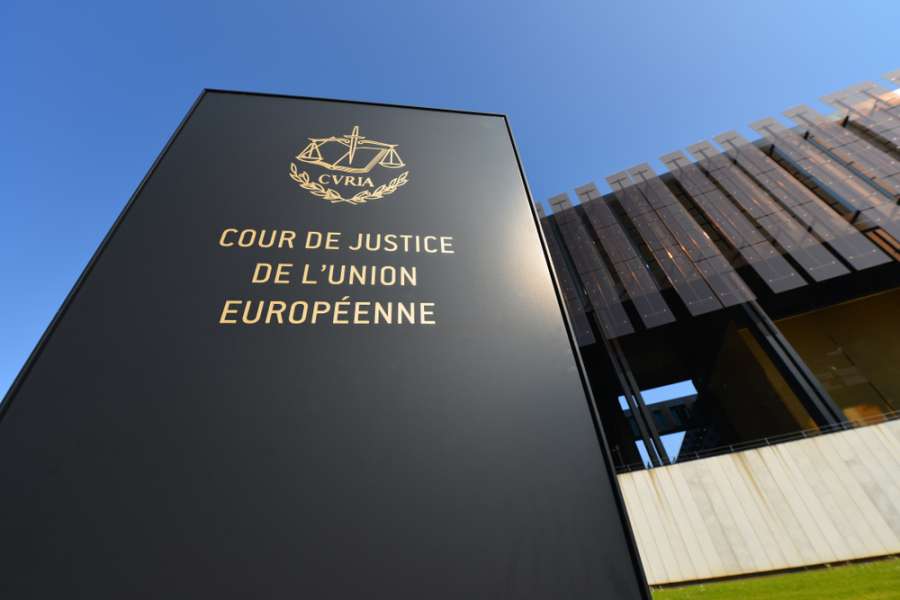This issue has recently been considered by the European Court of Justice (ECJ) in the case of NY v Herios (Case C-593/21) EU:C:2022:784 (13 October 2022). Although an ECJ judgment, and therefore not one by which the UK courts are bound to follow since Brexit, the ruling is still relevant to UK sub-agents because the Regulations implement the Commercial Agents Directive in the UK. It is, therefore, a judgment which is likely to be followed by the UK courts.
In NY v Herios, the main agent engaged a sub-agent to sell the principal’s goods. When the main agency was terminated, the principal paid the main agent a goodwill indemnity. The sub-agent claimed, in turn, a goodwill indemnity from the main agent arguing that under the Commercial Agents Directive the indemnity paid to the main agent was a “substantial benefit” derived from the sub-agent’s efforts. The ECJ agreed with that analysis.
The ECJ judgment reinforces the court’s opinion in Light that, in principle, a sub-agent can claim a share of the main agent’s goodwill indemnity pursuant to Regulation 17. However, it will be necessary for the sub-agent to show that the goodwill indemnity which has been paid by the principal to the main agent is a substantial benefit, which means it must be a significant advantage to the main agent and be connected to the services provided by the sub-agent (in other words, it must be in respect of the customer base introduced by the sub-agent). The sub-agent will also have to demonstrate that payment on an indemnity to it is equitable having regard to all the circumstances.
So, whilst a sub-agent is not a commercial agent for the purposes of the Regulations, a sub-agent can be an agent of the main agent with rights under the Directive and presumably under the UK Regulations.
This decision will provide confidence to sub-agents to pursue a share of a goodwill indemnity paid to a maim agent upon termination.




